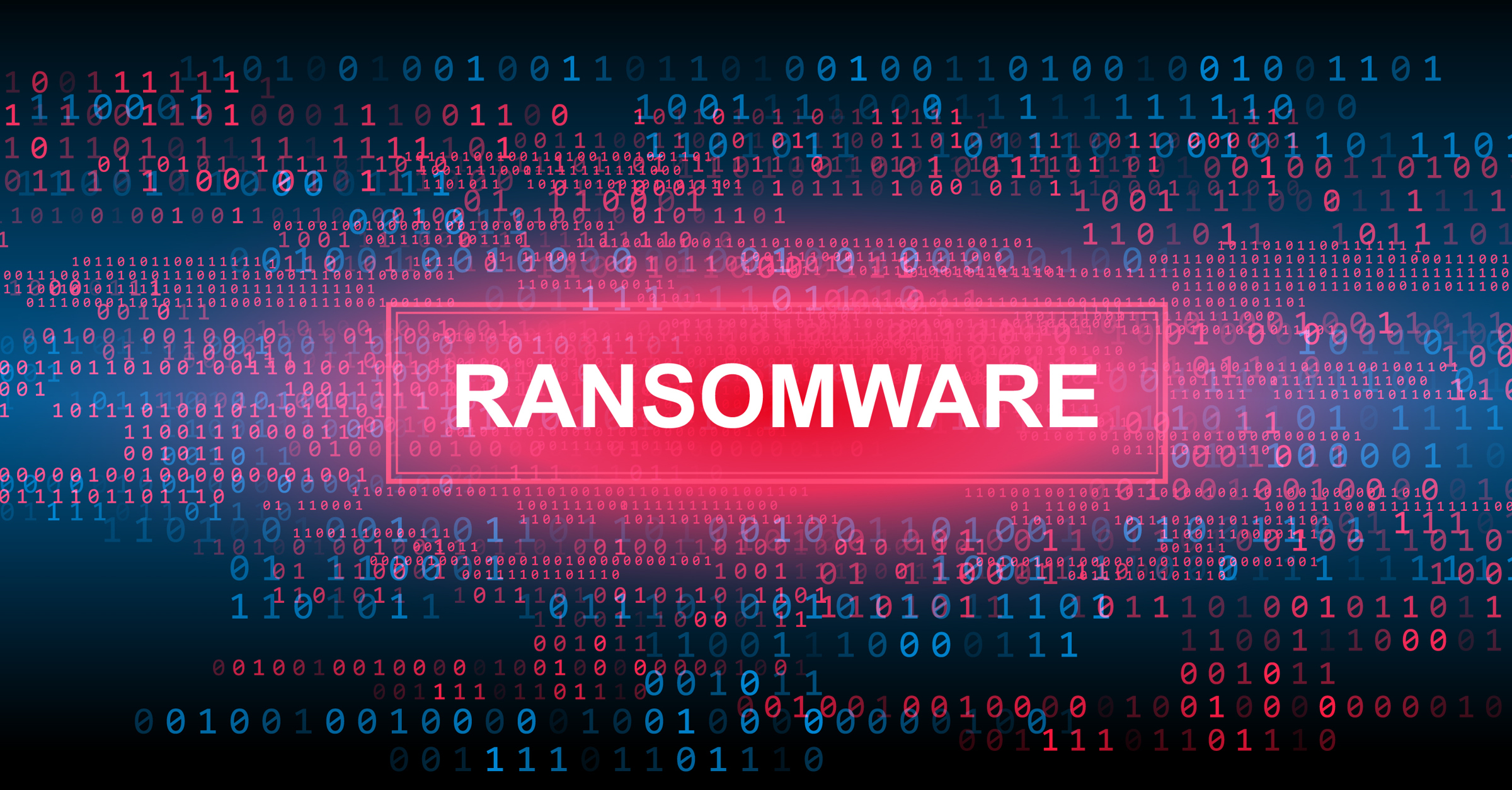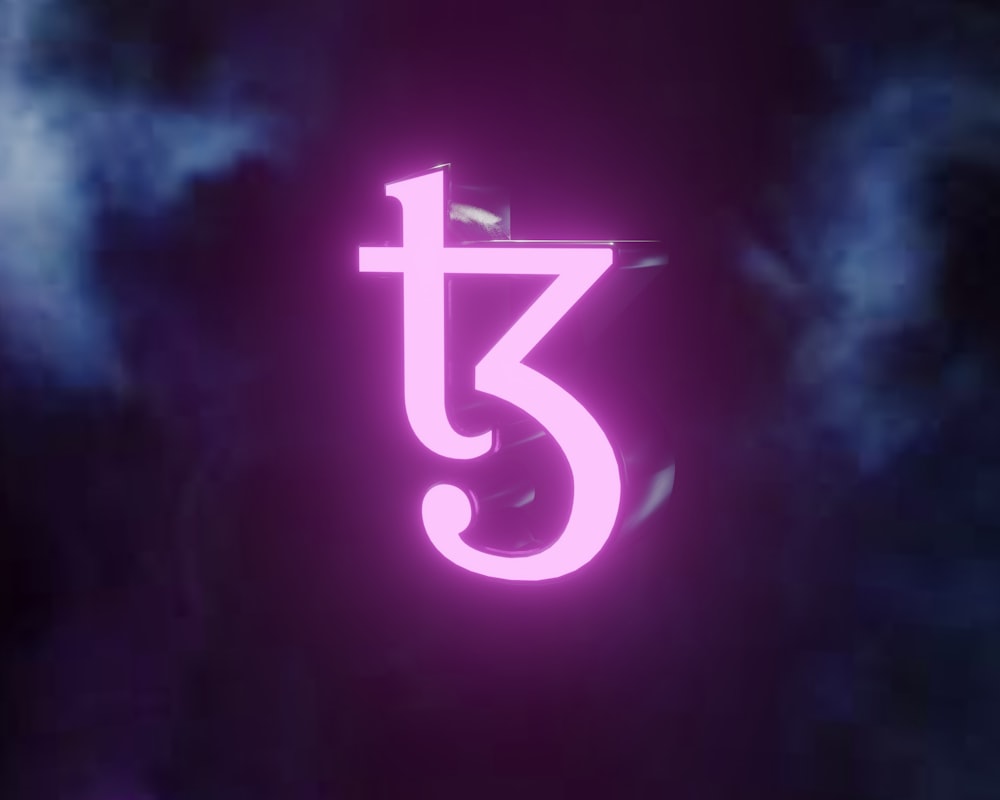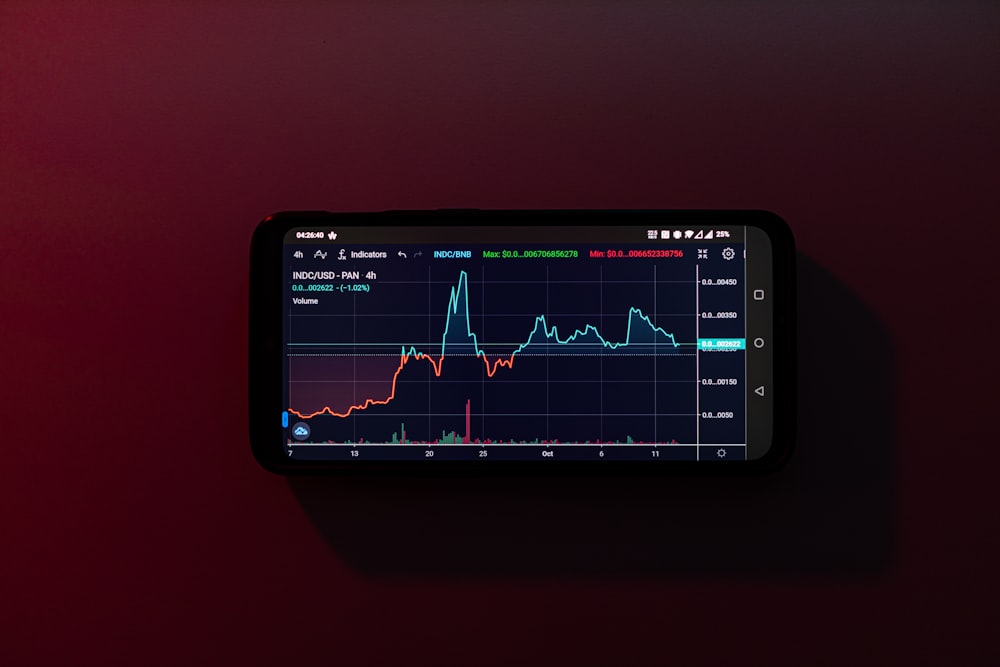Understanding Blockchain: A Beginner’s Journey
Introduction to Blockchain Technology
In today’s digital age, understanding blockchain technology is becoming increasingly essential. This innovative technology has the potential to revolutionize various industries, from finance to supply chain management. But what exactly is blockchain, and how does it work?
Blockchain serves as a decentralized ledger that records transactions across a network of computers. Each transaction is stored in a “block,” which is then linked to the previous block, forming a chain of blocks – hence the name “blockchain.” This decentralized nature ensures transparency, security, and immutability, making it an attractive option for various applications.
The Fundamentals of Blockchain
At its core, blockchain relies on cryptographic principles to secure and verify transactions. Each block contains a unique cryptographic hash, which serves as a digital fingerprint, ensuring that any tampering with the data would be immediately apparent. Additionally, consensus mechanisms, such as Proof of Work or Proof of Stake, validate transactions, further enhancing security.
Key Components of Blockchain
To better understand blockchain, it’s crucial to grasp its key components. These include nodes, miners, and smart contracts. Nodes are individual computers connected to the blockchain network, responsible for validating and relaying transactions. Miners, on the other hand, play a vital role in securing the network by solving complex mathematical puzzles to add new blocks to the chain. Smart contracts are self-executing contracts with the terms of the agreement directly written into code, automating and enforcing the terms of the agreement.
Applications of Blockchain Technology
Blockchain technology has a wide range of applications across various industries. In finance, blockchain enables secure and transparent transactions, reducing the need for intermediaries like banks. Supply chain management can benefit from blockchain’s ability to track and verify the provenance of goods, enhancing transparency and trust. Additionally, blockchain has implications for healthcare, voting systems, real estate, and more, offering solutions to longstanding challenges.
Challenges and Considerations
While blockchain holds immense potential, it’s not without its challenges and considerations. Scalability remains a significant concern, as increasing transaction volume can strain the network and slow down transaction processing times. Energy consumption is another issue, particularly with proof-of-work consensus mechanisms, which require substantial computational power. Moreover, regulatory uncertainty and interoperability issues pose additional hurdles to widespread adoption.
The Future of Blockchain
Despite its challenges, the future of blockchain looks promising. Continued innovation and development in areas like scalability, interoperability, and sustainability are paving the way for broader adoption. As more industries recognize the benefits of blockchain technology, we can expect to see increased integration into various sectors, leading to greater efficiency, transparency, and trust in the digital economy.
Getting Started with Blockchain
For beginners looking to dive into blockchain technology, there are plenty of resources available to help you get started. Online courses, tutorials, and communities offer valuable insights and guidance for understanding blockchain fundamentals. Additionally, experimenting with blockchain platforms and building simple projects can provide hands-on experience and deepen your understanding of the technology.
Conclusion
Blockchain technology represents a significant paradigm shift in how we manage and secure digital transactions. By understanding the fundamentals of blockchain and exploring its potential applications, beginners can embark on a journey to unlock the transformative power of this revolutionary technology. As blockchain continues to evolve and mature, its impact on various industries and our daily lives will undoubtedly be profound. Read more about blockchain for beginners










